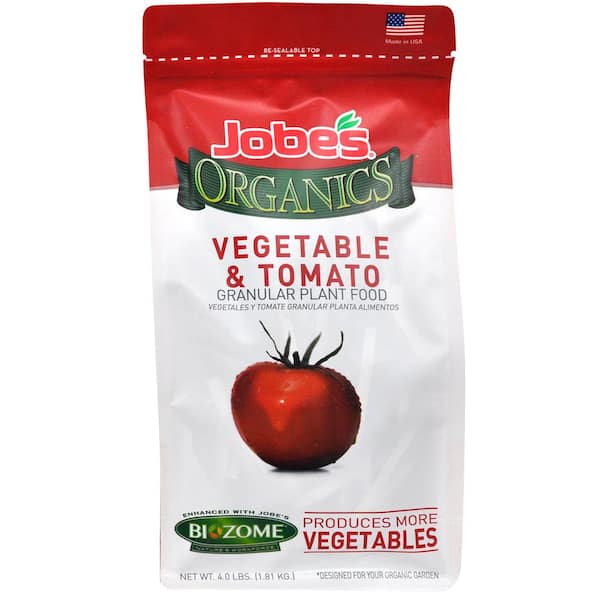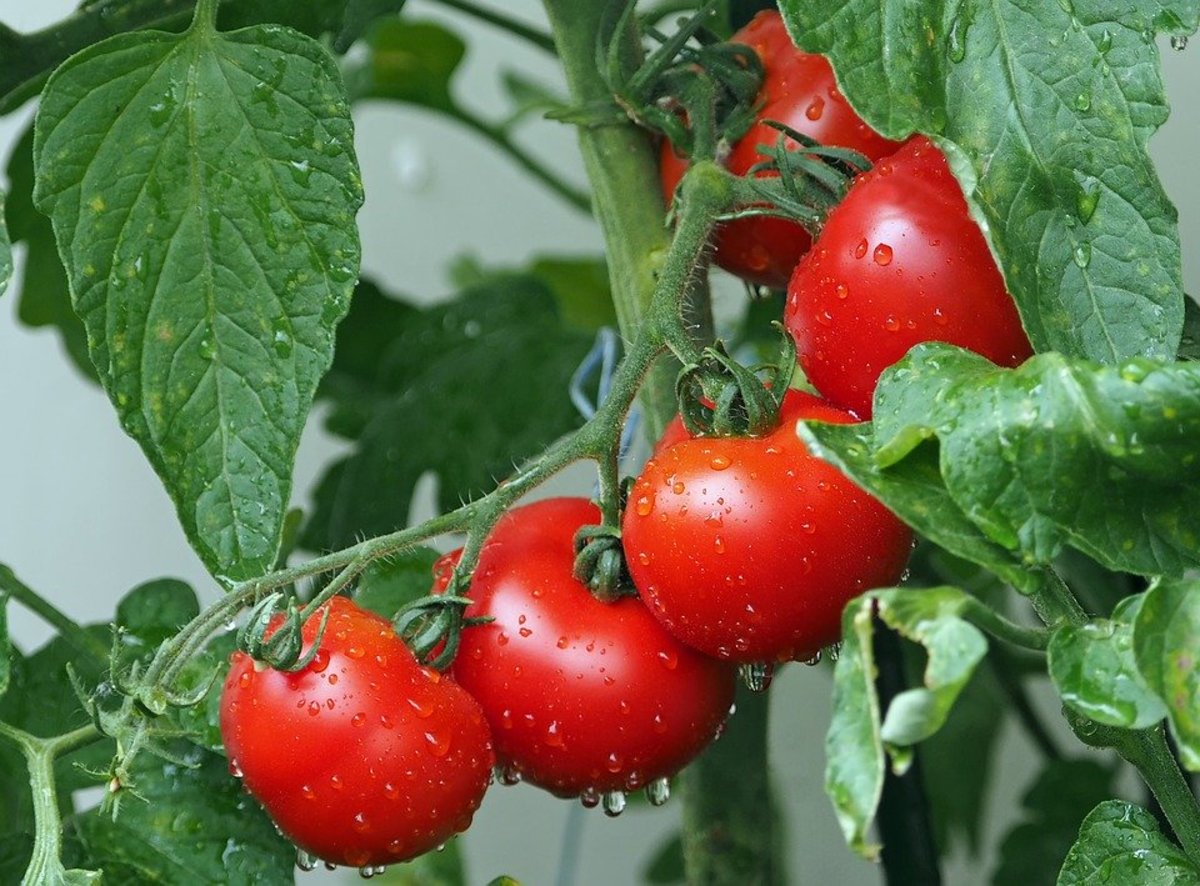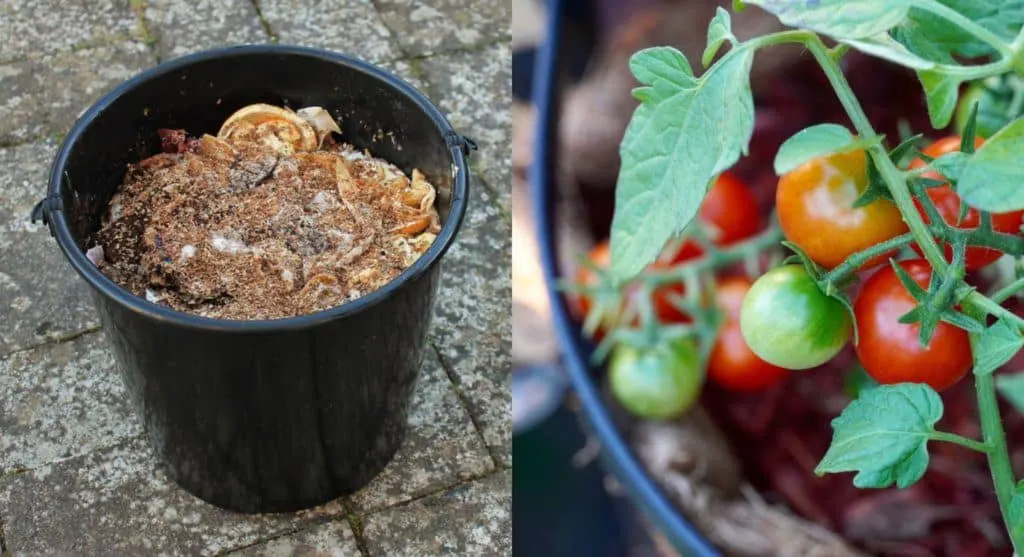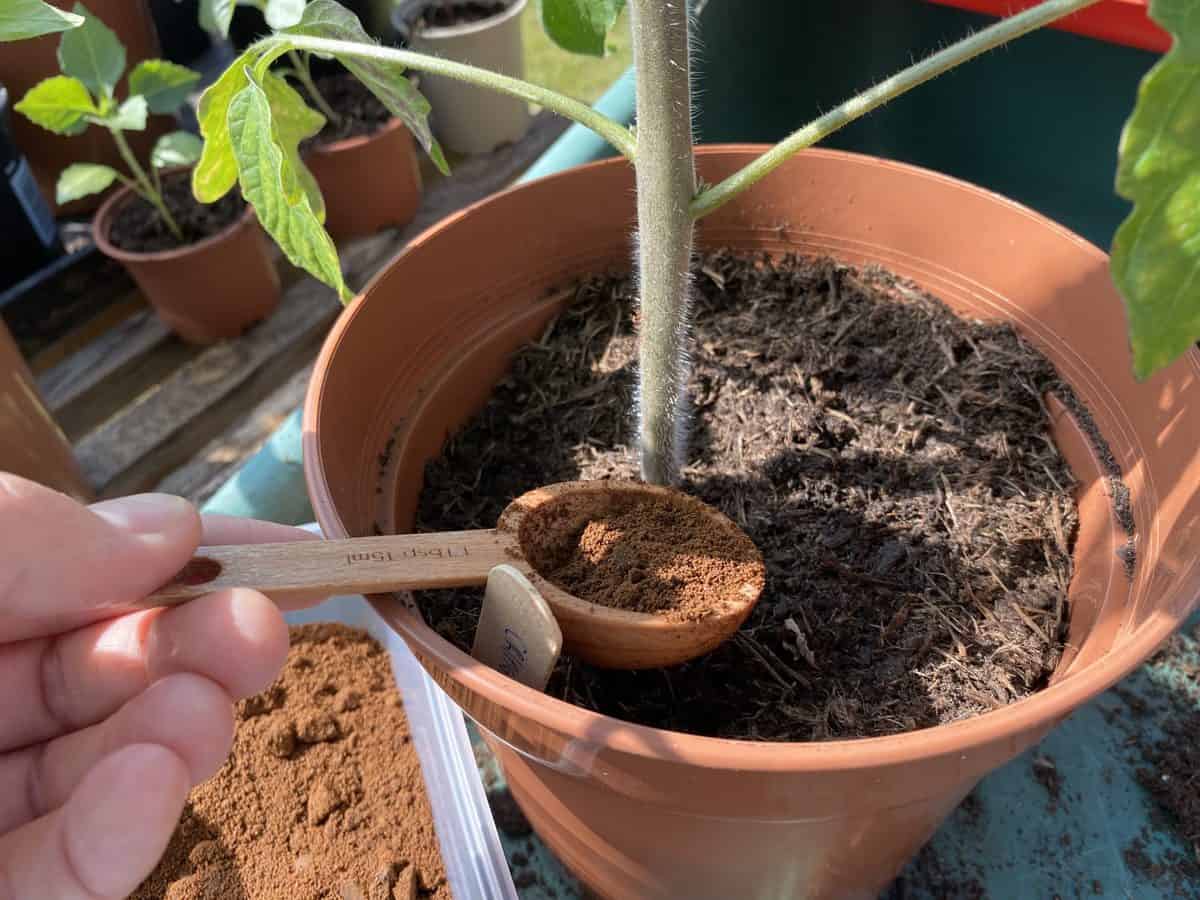Organic Tomato Fertilizer: The Ultimate Guide To Growing Delicious Healthy Tomatoes
Title: Organic Tomato Fertilizer: The Ultimate Guide to Growing Delicious Healthy Tomatoes
Introduction:
Tomatoes are a delicious and versatile vegetable that can be enjoyed in many different ways. But in order to grow delicious and healthy tomatoes, it's important to give them the nutrients they need. One of the best ways to do this is to use organic tomato fertilizer.
Organic tomato fertilizer is made from natural ingredients that are safe for the environment and for your plants. It also provides a balanced nutrient profile that tomatoes need to thrive. As a result, using organic tomato fertilizer can help you grow tomatoes that are bigger, tastier, and more resistant to pests and diseases.
In this blog post, we'll discuss the benefits of using organic tomato fertilizer, as well as some of the best organic tomato fertilizers on the market. We'll also provide some tips on how to fertilize your tomatoes for optimal results.
Main Content:
Benefits of Using Organic Tomato Fertilizer
There are many benefits to using organic tomato fertilizer. Here are a few of the most important ones:
- It's safe for the environment. Organic tomato fertilizer is made from natural ingredients that are biodegradable and non-toxic. This means that it won't pollute the soil or water, and it's safe for both you and your family.
- It's good for your plants. Organic tomato fertilizer provides a balanced nutrient profile that tomatoes need to thrive. This means that your tomatoes will be bigger, tastier, and more resistant to pests and diseases.
- It's easy to find. There are many different brands of organic tomato fertilizer available at most garden centers and online retailers.
- It's affordable. Organic tomato fertilizer is typically more affordable than synthetic fertilizers.
Best Organic Tomato Fertilizers
There are many different brands of organic tomato fertilizer on the market. Here are a few of the best ones:
- Espoma Tomato-Tone is a popular organic tomato fertilizer that is made from a blend of natural ingredients, including fish meal, bone meal, and kelp meal. It provides a balanced nutrient profile that tomatoes need to thrive.

- Jobe's Organics Tomato Fertilizer is another popular organic tomato fertilizer that is made from a blend of natural ingredients, including fish meal, bone meal, and seaweed. It provides a balanced nutrient profile and also contains beneficial microbes that can help improve soil health.

- Dr. Earth Tomato Fertilizer is an organic tomato fertilizer that is made from a blend of natural ingredients, including bat guano, worm castings, and kelp meal. It provides a balanced nutrient profile and also contains beneficial microbes and enzymes that can help improve soil health.

- Down to Earth Tomato Fertilizer is an organic tomato fertilizer that is made from a blend of natural ingredients, including fish meal, bone meal, and alfalfa meal. It provides a balanced nutrient profile and also contains beneficial microbes and humic acid.

- FoxFarm Big Bloom is an organic tomato fertilizer that is made from a blend of natural ingredients, including bat guano, fish meal, and kelp meal. It is a high-nitrogen fertilizer that can help promote vigorous plant growth.

How to Fertilize Your Tomatoes
The best time to fertilize your tomatoes is when they are first transplanted into the garden. You can also fertilize them once a month throughout the growing season.
To fertilize your tomatoes, simply mix the fertilizer according to the directions on the label. Then, water the fertilizer into the soil around the base of your plants. Be sure to water thoroughly so that the fertilizer can reach the roots of your plants.
If you are using a liquid fertilizer, you can simply water it directly onto the soil around your plants.
Conclusion
Using organic tomato fertilizer is a great way to help your tomatoes grow big, healthy, and delicious. There are many different brands of organic tomato fertilizer available, so you can find one that fits your budget and needs. Be sure to follow the directions on the label to fertilize your tomatoes properly.
Are you looking for the best organic tomato fertilizer to help your plants grow big and healthy? Visit Home Gardening today to learn more about our selection of high-quality, natural fertilizers. Our team of experts can help you choose the right fertilizer for your specific needs, and we offer free shipping on orders over $50.
In addition to our wide selection of organic tomato fertilizers, we also offer a variety of other gardening products, including soil amendments, pest control products, and gardening tools. Whether you're a beginner or a seasoned gardener, we have everything you need to grow beautiful tomatoes and other vegetables.
Visit Home Gardening today to learn more about our organic tomato fertilizer and other gardening products.
FAQ of organic tomato fertilizer
- What are the benefits of using organic tomato fertilizer?
Organic tomato fertilizer is made from natural materials, such as compost, manure, and fish emulsion. This means that it is safe for the environment and for your plants. Organic fertilizer also helps to improve the quality of the soil, making it more fertile and better able to support plant growth. As a result, organic tomato fertilizer can help you to grow healthier, more productive tomato plants.
- What are the different types of organic tomato fertilizer?
There are a variety of different types of organic tomato fertilizer available, each with its own unique benefits. Some of the most popular types include:
* Compost: Compost is a great all-purpose fertilizer that can be used for a variety of plants. It is high in organic matter and nutrients, and it helps to improve the drainage and aeration of the soil.
* Manure: Manure is another excellent source of nutrients for tomato plants. It is high in nitrogen, phosphorus, and potassium, which are all essential for plant growth.
* Fish emulsion: Fish emulsion is a liquid fertilizer that is made from fish and seaweed. It is a good source of nitrogen, phosphorus, and potassium, and it also contains beneficial microbes that can help to improve the health of your plants.
* Blood meal: Blood meal is a high-nitrogen fertilizer that is made from dried blood. It is a good choice for plants that are in need of a quick boost of nitrogen, such as tomatoes that are starting to flower or fruit.
- When should I fertilize my tomato plants with organic fertilizer?
You should fertilize your tomato plants with organic fertilizer every 2-4 weeks, starting when the plants are about 6 inches tall. You can continue to fertilize them throughout the growing season, up until the first frost.
- How much organic fertilizer should I use?
The amount of organic fertilizer you need to use will vary depending on the type of fertilizer you are using, the size of your plants, and the type of soil you have. It is always a good idea to follow the instructions on the fertilizer label.
- How do I apply organic tomato fertilizer?
You can apply organic tomato fertilizer to your plants in a variety of ways. You can sprinkle it on the soil around the base of the plants, mix it into the soil when you are planting, or water it in with a watering can.
- What are some common problems with using organic tomato fertilizer?
One of the most common problems with using organic tomato fertilizer is that it can be difficult to find. However, there are a number of online retailers that sell organic fertilizer, and you may also be able to find it at your local garden center.
Another potential problem with organic tomato fertilizer is that it can be less effective than synthetic fertilizer. However, this is not always the case. Organic fertilizer can be just as effective as synthetic fertilizer, if it is used properly.
Finally, some people worry that organic fertilizer can attract pests and diseases. However, this is not usually a problem if the fertilizer is used properly. Organic fertilizer can actually help to deter pests and diseases by improving the health of your plants.
Image of organic tomato fertilizer
- Chicken manure is a popular organic fertilizer for tomatoes. It is high in nitrogen and phosphorus, which are essential nutrients for tomato plants. Chicken manure can be composted or used fresh.
- Blood meal is another high-nitrogen fertilizer that is good for tomatoes. It is also a good source of iron. Blood meal can be composted or used fresh, but it is important to use it sparingly, as too much can burn plants.

- Fish emulsion is a liquid fertilizer that is high in nitrogen and phosphorus. It is also a good source of trace minerals. Fish emulsion can be diluted with water and applied to the soil around tomato plants or sprayed directly on the leaves.
- Kelp meal is a good source of nitrogen, potassium, and trace minerals. It is also a natural seaweed fertilizer that can help to improve the soil quality around tomato plants. Kelp meal can be composted or used fresh.

- Alfalfa meal is a high-nitrogen fertilizer that is also a good source of calcium and potassium. It is a slow-release fertilizer, which means that it will release nutrients into the soil over time. Alfalfa meal can be composted or used fresh.
- Compost is a great all-purpose organic fertilizer for tomatoes. It is high in nutrients and helps to improve the soil quality around the plants. Compost can be made from a variety of materials, such as food scraps, yard waste, and manure.
- Vermicast is a type of compost that is made from worm castings. It is high in nutrients and beneficial bacteria. Vermicast can be used to fertilize tomato plants or to improve the soil quality around them.

- Bone meal is a high-phosphorus fertilizer that is good for tomatoes. It is also a good source of calcium. Bone meal can be composted or used fresh.

- Wood ash is a good source of potassium and other trace minerals. It is also a natural liming agent, which can help to adjust the pH of the soil around tomato plants. Wood ash can be applied to the soil around tomato plants or used to make a foliar spray.

- Coffee grounds are a good source of nitrogen and other nutrients. They can be added to the soil around tomato plants or used to make a compost tea.



Post a Comment for "Organic Tomato Fertilizer: The Ultimate Guide To Growing Delicious Healthy Tomatoes"